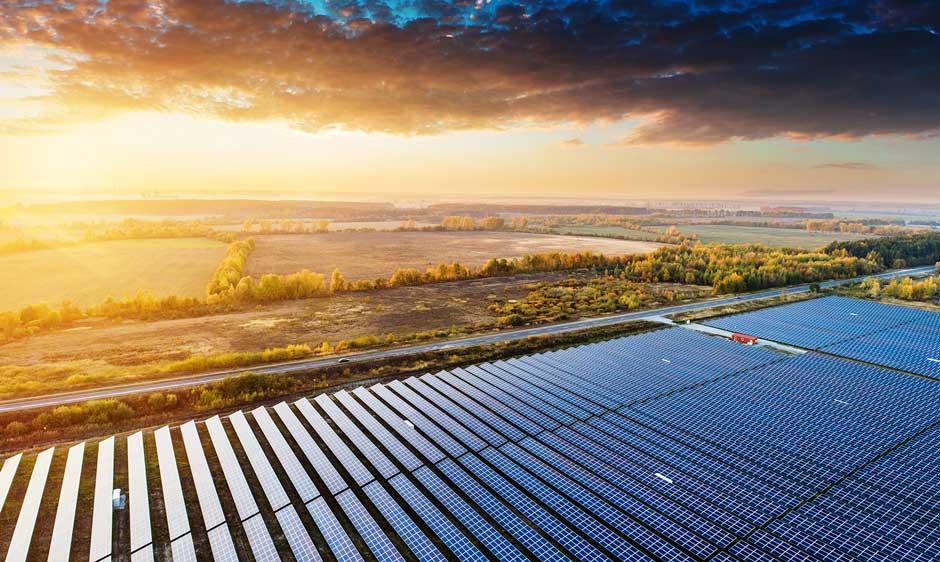Climate change poses an existential threat, calling for immediate action on a global scale. As a significant contributor to greenhouse gas emissions, Canada plays a vital role in battling this universal crisis.
Shifting to a low-carbon economy is not only essential for the environment but also presents a unique economic opportunity for Canada to excel in innovation, job creation, and sustainable growth. In this article, we’ll discuss the pressing need for Canada to adopt a low-carbon future while exploring the benefits, challenges, and potential routes to achieve this critical transformation.
1. Mitigating Climate Change and Protecting the Environment
It’s crucial for Canada to move towards a low-carbon economy in order to counteract climate change and safeguard our environment. The country’s heavy dependence on fossil fuels, particularly in energy and transportation sectors, significantly adds to greenhouse gas emissions. By embracing cleaner energy sources, enhancing energy efficiency measures, and adopting sustainable practices, Canada can actively contribute to global efforts in limiting climate change and lessening its devastating impacts.
2. Economic Opportunities and Job Creation
The shift towards a low-carbon economy offers tremendous economic possibilities for Canada. By investing in renewable energy sources – like wind, solar, and hydroelectric power – the nation can not only reduce greenhouse gas emissions but also foster innovation and create jobs. The renewable energy industry has already proven its potential for driving employment and economic growth in countries that have adopted clean energy transitions. By cultivating supportive policies, Canada can draw investments, encourage technological advancements, and generate long-lasting, well-paid jobs for its people.
3. Energy Security and Independence
Embracing a low-carbon economy bolsters Canada’s energy security and self-reliance. By diversifying its energy supplies and cutting down on fossil fuel imports, the country strengthens its ability to withstand fluctuations in global energy prices and navigate geopolitical tensions. Investing in homegrown renewable energy resources enables Canada to tap into its vast natural assets and lead the way in sustainable energy generation. This shift will diminish the vulnerabilities tied to fossil fuel dependence, encouraging a greener and more sustainable energy future.
4. Health and Quality of Life
Transitioning to a low-carbon economy has a positive impact on public health, boosting Canadians’ quality of life. By curbing greenhouse gas emissions, Canada can combat air pollution, which contributes to numerous respiratory and cardiovascular diseases. Improved air quality enhances overall health outcomes and slashes healthcare expenses. Additionally, moving away from fossil fuels helps reduce environmental risks linked to extraction, transportation, and combustion, resulting in safer communities and thriving ecosystems.
5. Leadership and International Reputation
Canada has the chance to emerge as a global frontrunner in battling climate change. Adopting a low-carbon economy allows the country to demonstrate its dedication to sustainable growth and environmental conservation. Decisive action against climate change not only elevates Canada’s global standing but also boosts its clout in worldwide climate discussions. Furthermore, by showcasing successful and replicable low-carbon approaches, Canada can motivate other countries to join forces, fostering a united response to the worldwide climate emergency.
6. Protection of Indigenous Rights and Traditional Knowledge
As Canada moves towards a low-carbon economy, it’s a great chance for the country to prioritize and safeguard the rights of Indigenous communities. Collaborative renewable energy projects, like wind farms and solar installations, can be established with Indigenous peoples while respecting their rights to land, resources, and self-determination. Involving Indigenous communities in this transition can ensure that their traditional wisdom and eco-friendly practices are incorporated into climate solutions. Adopting this approach not only supports reconciliation efforts but also acknowledges the crucial role that Indigenous peoples play in environmental stewardship. By embracing Indigenous viewpoints and knowledge systems during the low-carbon transition, Canada can nurture a more inclusive, equitable, and resilient society.
7. Resilience to Climate Change Impacts
Transitioning to a low-carbon economy is crucial for Canada in order to strengthen its resilience against climate change Canada impacts. As the climate keeps changing, the country must tackle various challenges like increasingly frequent and severe extreme weather events, rising sea levels, and shifting ecosystems. By reducing greenhouse gas emissions and adopting eco-friendly practices, Canada can lessen the severity of these impacts and adapt better to a changing climate. Investments in climate-resilient infrastructure, the promotion of nature-based solutions, and implementation of sustainable land and water management practices will help secure communities, protect precious ecosystems, and ensure long-term economic stability. The shift towards a low-carbon economy is not just about mitigation; it’s also about building the needed resilience to prosper in an ever-changing world.
The urgency to address climate change calls for Canada’s transition into a low-carbon economy. Through mitigating climate risks, seizing economic opportunities, enhancing energy security, boosting public health, preserving Indigenous rights, and fostering resilience, Canada can make significant contributions towards a sustainable future. To embrace this transformation successfully, bold policies, innovation, and cooperation across various sectors are required for ensuring a thriving and resilient Canada for future generations.

